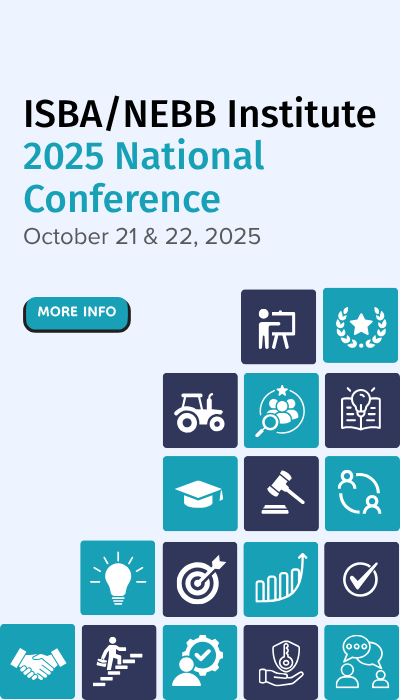There’s no right or wrong combination to achieve learning success. Nor are your learning styles static. You could develop proficiency in several different learning styles and further develop skills in more dominant styles as well. However, using multiple learning styles and even multiple intelligences for studying is a relatively recent approach to learning.
Different Strokes for Different Folks
People learn best in different ways — some people enjoy lectures and others enjoy reading. Some like self-directed study while others prefer collaborating with a group. No matter your preferred method of learning, NEBB’s CMEA training works to suit your unique learning style.
For example, if you find it difficult to comprehend reading text in one language, there’s no reason to assume that a different learning style will help you learn English better. For instance, if your native language has a word for ‘dog’ but no equivalent in English, your learning style may be more likely to develop an affinity for cats. If you find it difficult to comprehend the idea of diagrams, a different learning style may make it easier for you to grasp the concept of line drawing (a different learning style, but useful in some cases). Your learning style may be the one that makes it easiest for you to understand and remember new concepts best.
It’s important to remember that different learning styles are highly adaptable – they’re easy to modify when needed. While the classroom is designed to teach all learners in a uniform manner, different learning styles allow each student to mold his own learning style, allowing for a greater level of individual student-teacher interaction
If in-person instruction is your thing, you can attend one of our classes, during which you can expect two days of intensive instruction at convenient locations throughout the United States from NEBBI. This method of instruction also allows you to network with other new NEBB Institute members. When the class ends, you’ll have the CMEA professional designation.
If you prefer classes in the convenience of your own home, the NEBBI offers online classes. These are conducted via conference call with other new NEBBI members. All you have to do is watch your computer monitor, listen to the instructor, and follow the lesson in your CMEA Training Manual. Active participation is expected from trainees.
No matter which method you choose, you can expect to learn a set of basic skills. These include:
- The ethics, rules, and regulations of the Uniform Standards of Professional Practice (USPAP)
- Typical reasons for appraisals
- The intricate steps involved in conducting an appraisal
- Locating comparables
- NEBBI’s exclusive Appraiser’s Database
- The engagement and data collection
- Sample Summary Appraisal Report
- Written review for CMEA professional certification
Join us for our next training session!
The NEBB Institute endorses and strives to observe the highest standards of professional ethics to preserve the public trust inherent in the professional appraisal practice. The Institute provides initial and monthly comprehensive education, ongoing support, and a dynamic international network, and certifies professionals in the art of machinery/equipment appraisal and brokerage.







Recent Comments